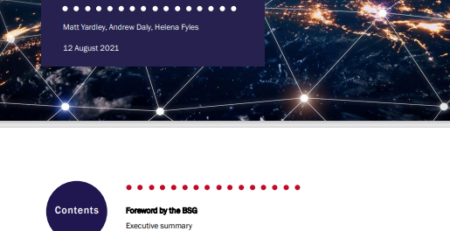Attitudes divide
Last week the Communications Consumer Panel published research that found that public support for broadband is strong, with over 80% of respondents believing that it should be everyone’s right to have access to broadband, regardless of where they live. 42% of those questioned who do not have broadband believe access is essential.
This would appear to be an impressive level of support, and reflects UK citizens’ position as the most active broadband population in Europe. However, this week Ofcom offered a slightly different version of events.
According to their research, 30% of adults do not have Internet access at home; 43% of those felt they had no need for it, or felt that Internet access held no interest for them.
Of course, these results are not incompatible, and allowing for questioning bias and other factors support what previous studies have found – digital exclusion is found in those without means and those who feel they have no need (the self-excluded).
There was a renewed emphasis in the Digital Britain Interim Report (iDBR) on increasing take-up of broadband, as part of the government’s commitment to a broadband universal service. So, as the publication of Digital Britain draws ever nearer, what do these studies tell us?
The Ofcom study in particular shows the challenge that lies ahead. When given options for policies that would encourage take-up, such as cheap computers and discounted Internet connections, a third of those with no access said none of the ideas appealed. Broadband simply held no interest for them.
Amongst the remainder, no particular idea stood out, reflecting the broad range of reasons why some don’t have broadband (financial concerns, lack of skills, lack of available infrastructure, no need and so on).
Providing the infrastructure through delivering the broadband universal service commitment is only part of the equation for government. They must also, with the help of other stakeholders, drive usage and take-up of the infrastructure. We wait to see what the final Digital Britain Report has to offer to this debate.
Peter Shearman, Policy Manager, BSG




